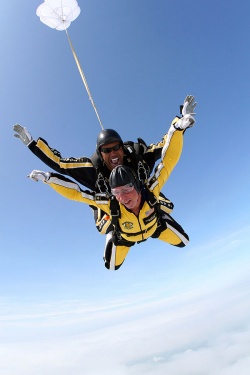What is mentoring?
| Foundation Skills | |
|---|---|
| Lecturer self-evaluation | |
| Mentoring for teachers | Objectives | What is Mentoring? | Mentoring methods | Summary | e-Activity | |
Mentoring is considered to be a form of guided learning provided by an experienced person to facilitate the development of skills and knowledge (Billet, 2000). Often the mentee is less experienced, may be a student or may be new to the workplace. Ideally, a two-way relationship between a mentor and a mentee is established in a formal arrangement designed to support and encourage, for example, the new teacher. Intentional and regular meeting times are recommended to prevent other commitments getting in the way.
Early on it is a good idea to agree on expectations of how the mentor/mentee relationship is going to be conducted, and to set goals and a timeline. A high quality mentoring arrangement can provide a safe and challenging environment for the mentee to engage in reflective professional conversations with a more experienced teacher (Petersen, 2013). It is important to develop a relationship of trust and openness and to set collaborative tasks that help to structure the sessions and scaffold the mentee's learning (Sanders et al., 2012).
Learning is a two-way process in a mentoring partnership especially when the process is challenging. In some cases, it may become clear that the mentor relationship is not working for one or both parties. If this happens, finding a different mentor may be best. Sometimes a mentoring relationship may be dominated by one party and this can foster dependence. Ideally, the mentor can provide structure and support without imposing a rigid process or appearing to be the 'expert'. Conversely, a loose comfortable arrangement which comprises of friendly chats over coffee is probably not going to provide the impetus for a new teacher to learn from practice and develop his or her knowledge.
Describe an experience of mentoring.
|
References
- Billet, S. (2000). Journal of Workplace Learning, 12(7), 272-285.
- Petersen, L. (2013). Skills for effective mentoring. Wellington: Ako Aotearoa.
- Sanders, M., Smith, A., Norsworthy, B., Barthow, S., Miles, L., Ozanne, P. & Weydeman, C.. (2012). Ideas for training providers. Wellington: Ako Aotearoa. Retrieved from https://akoaotearoa.ac.nz/learning-dialogue-in-field-based-experiences
